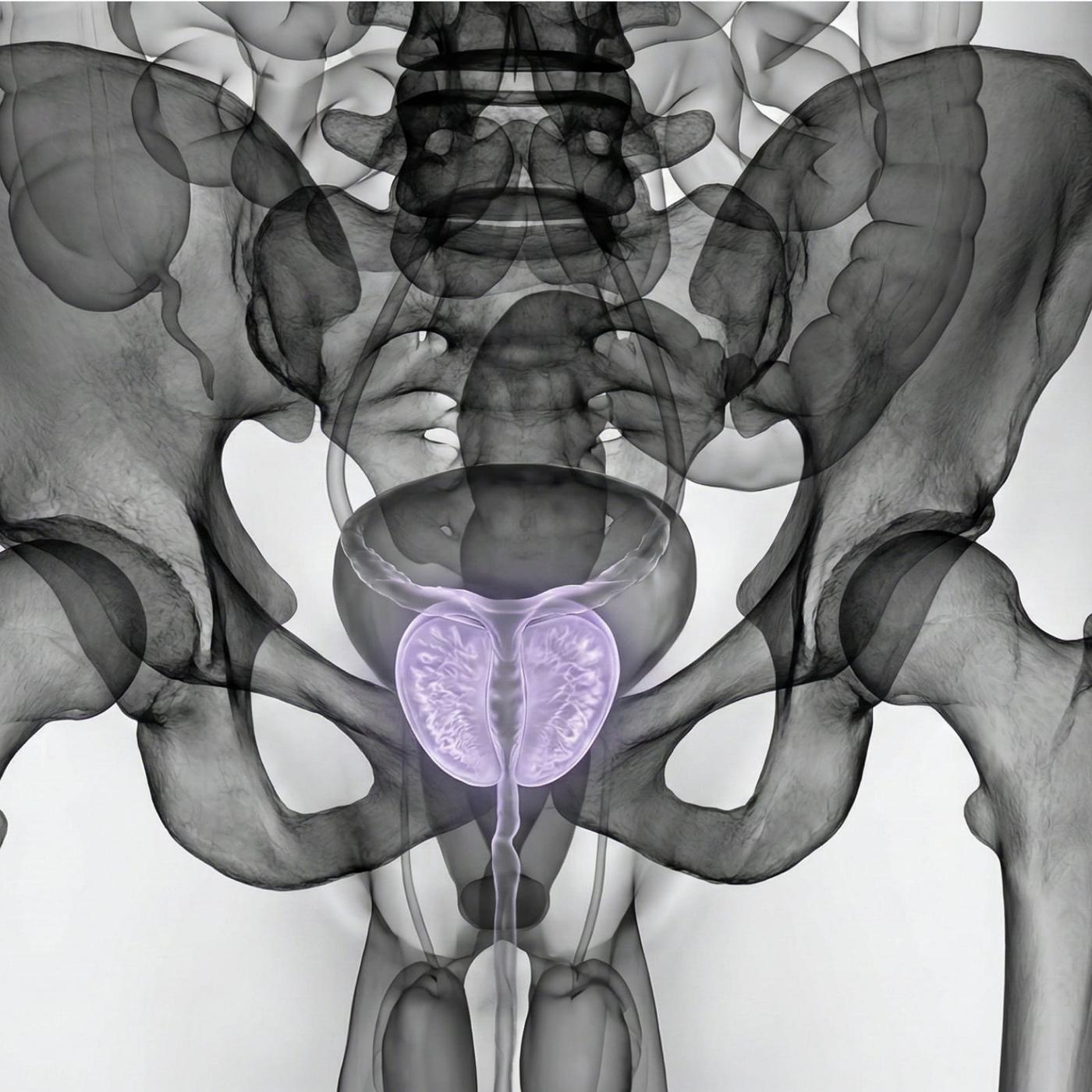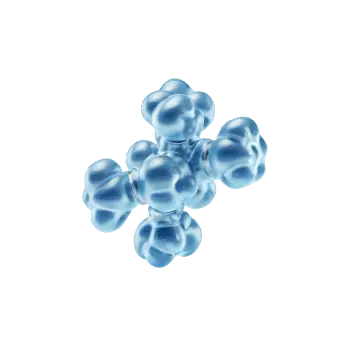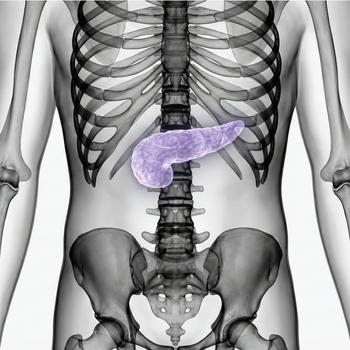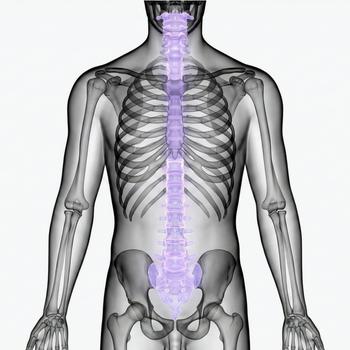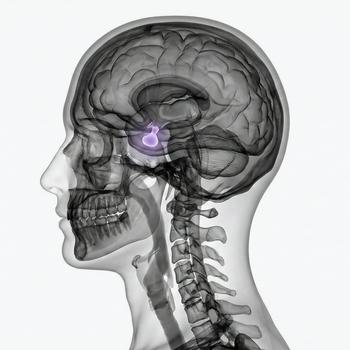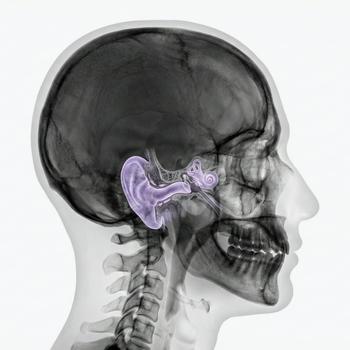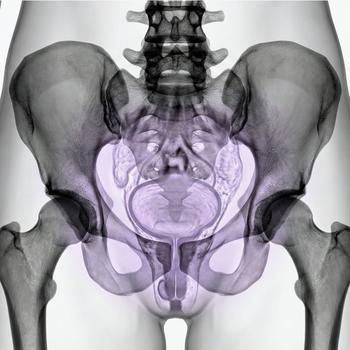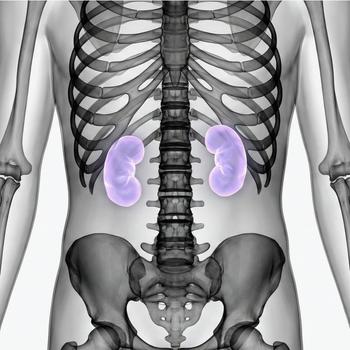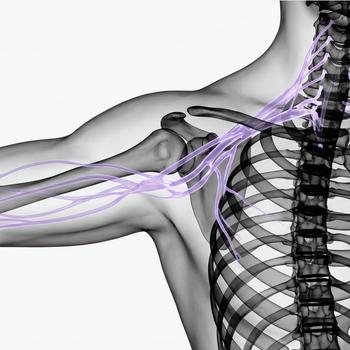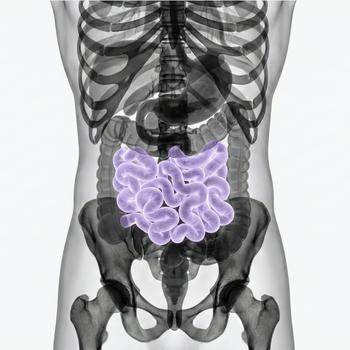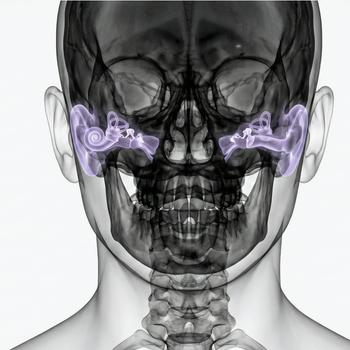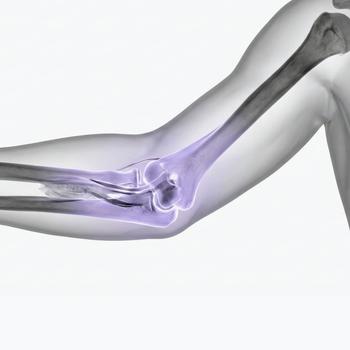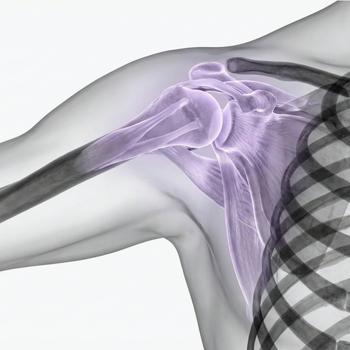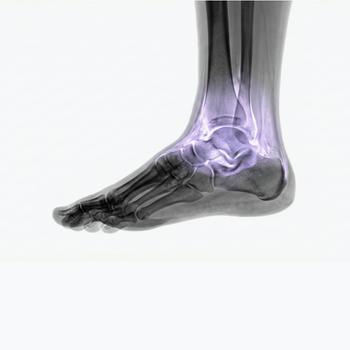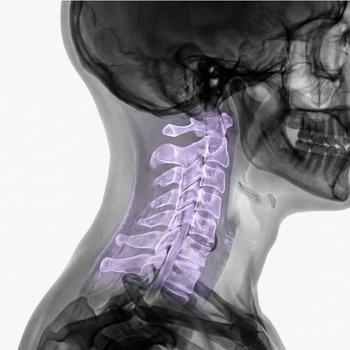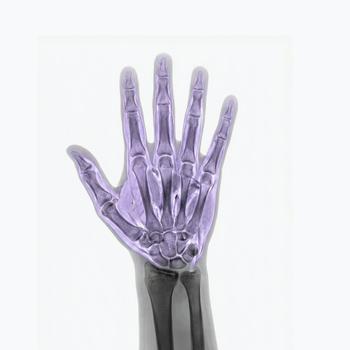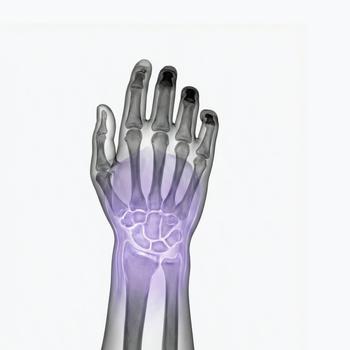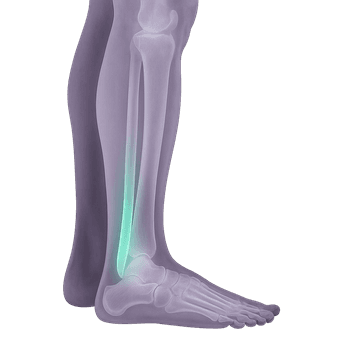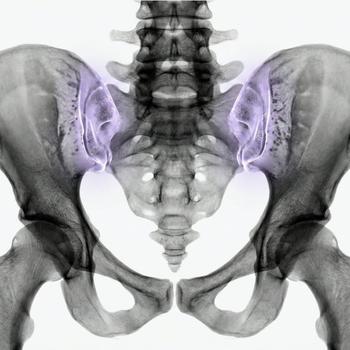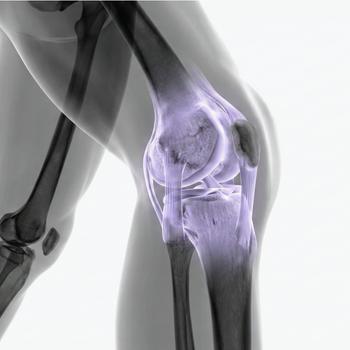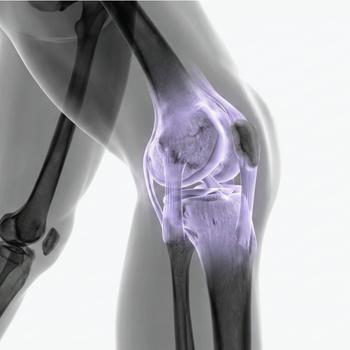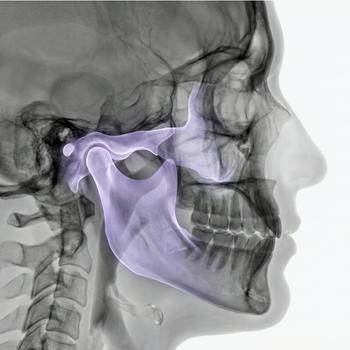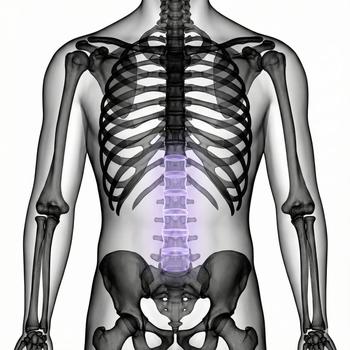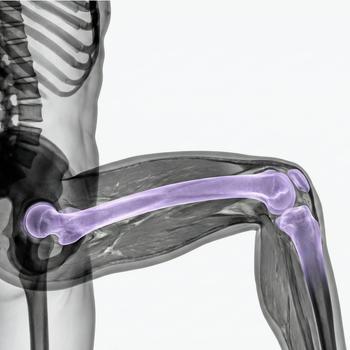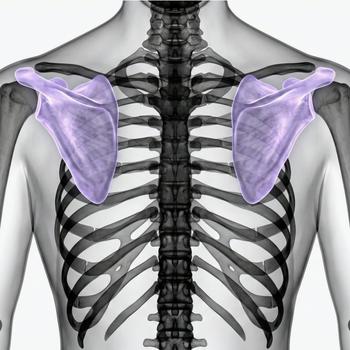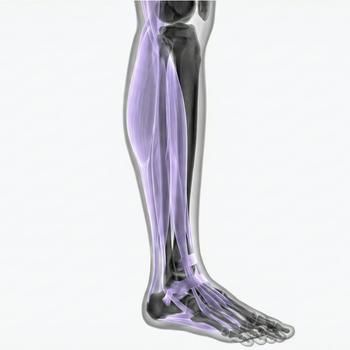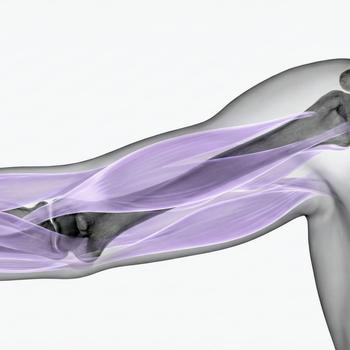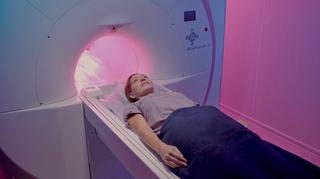MRI Prostate – Magnetic resonance imaging examination for elevated PSA, urinary incontinence or suspected prostate cancer
An elevated PSA value, the need to urinate frequently, a weak urine stream or blood in the urine can be signs of changes in the prostate gland. MR prostate is an advanced and non-invasive examination that provides detailed images of the anatomy and tissue structure of the prostate – an important tool for early detection of prostate cancer or other pathological changes.
MRI examination is superior to both ultrasound and clinical examination when it comes to identifying suspicious areas in the prostate. MRI is also used before possible tissue sampling (biopsy), to reduce the risk of missing tumors, or to follow up on previous findings. The examination is completely painless and free of radiation.
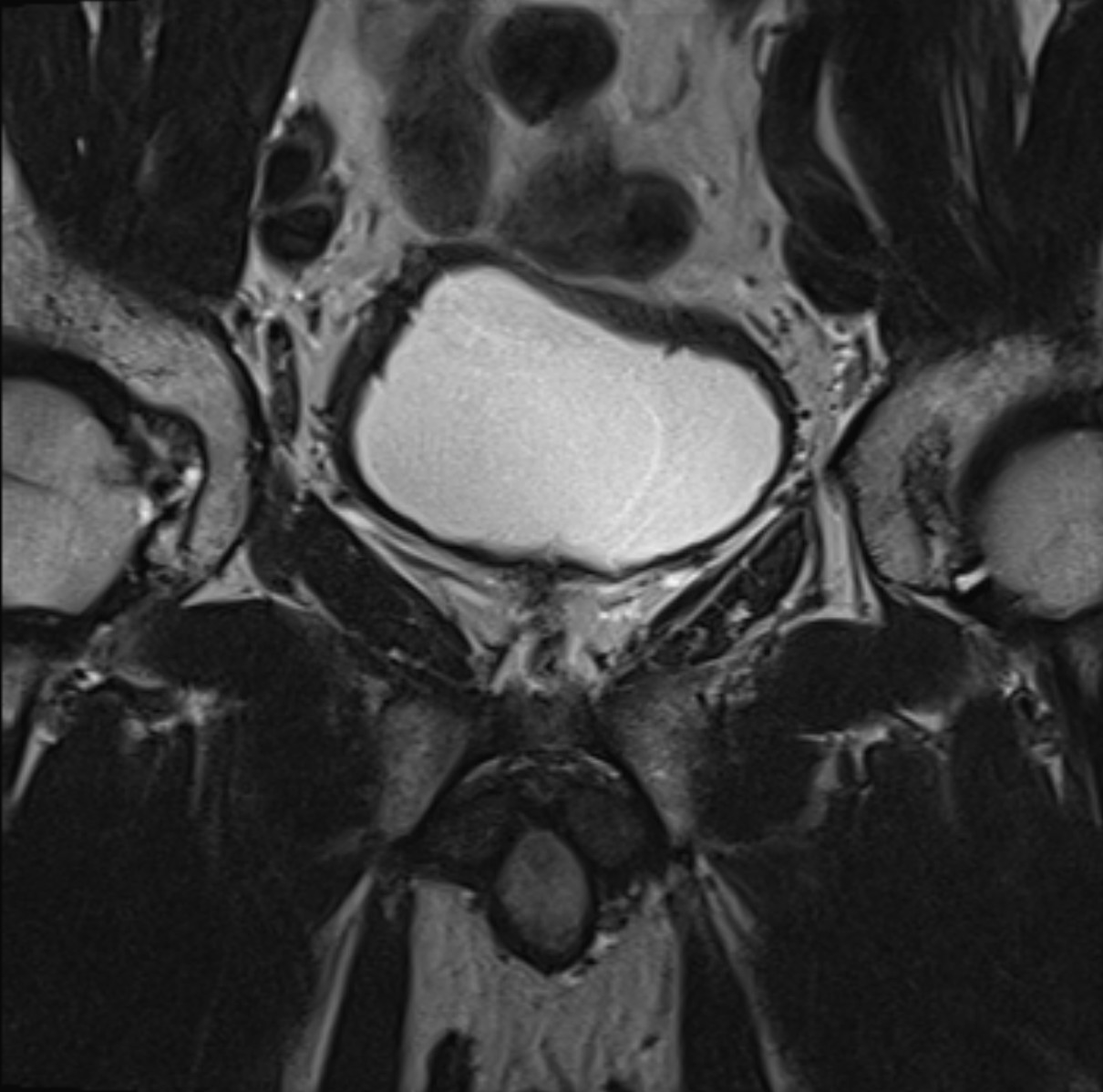
When is an MRI examination of the prostate recommended?
MR prostate is particularly useful when PSA is elevated or if you have symptoms from the urinary tract. It is also used to assess tumor spread and follow up on known changes without having to do repeated biopsies.
- Elevated PSA value.
- Weak urine stream or frequent urge to urinate.
- Blood in urine or semen.
- Suspected prostate cancer.
- Before or after prostate biopsy.
- Follow-up of previously known changes.
MRI is often used when the following conditions in the prostate are suspected
- Prostate cancer – early detection and localization of tumor.
- Benign prostatic hyperplasia (BPH) – benign enlargement of the prostate.
- Inflammation (prostatitis) or infection.
- Structural changes after surgery or treatment.
- Tumor spread when the diagnosis has already been confirmed.
What can be detected with an MRI of the prostate?
MRI of the prostate is used to find early signs of prostate cancer and other changes in and around the prostate gland. The examination helps to distinguish between benign and malignant tumors, which reduces the need for unnecessary tissue samples (biopsies). It can also see enlargement of the prostate gland (BPH), signs of inflammation (prostatitis) and changes in the seminal vesicles. MRI of the prostate also provides information about lymph nodes in the lower pelvis and can reveal possible bone metastases in cases of spread cancer.
Book an MRI of the prostate – quickly, discreetly and without waiting time
An MRI of the prostate takes approximately 30–40 minutes and is performed in the supine position. The examination is completely painless and you do not need your own referral – we arrange everything in connection with your booking. The answer is reviewed by a specialist in radiology and delivered within a few days.






















